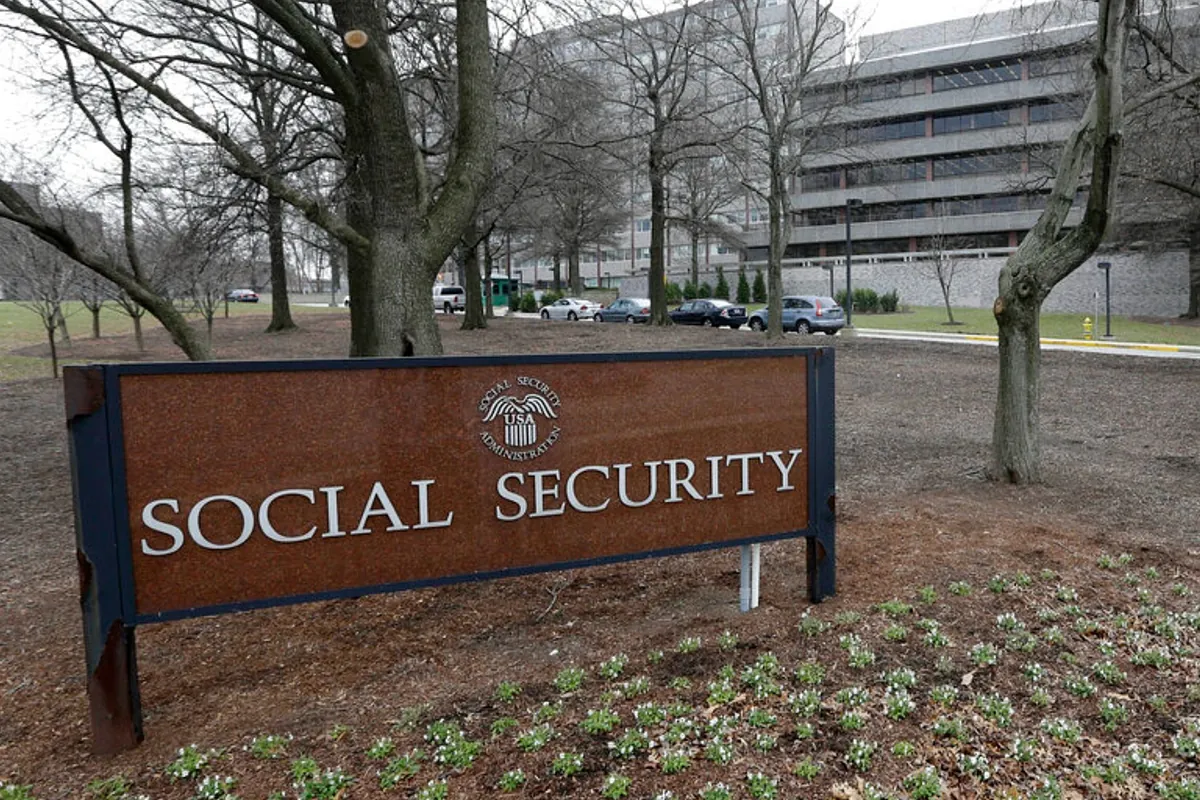

If you’ve recently received a letter from the Social Security Administration (SSA), you’re not alone, and the news inside may not be good.
The agency has resumed a stricter policy on recovering overpaid benefits, and many Americans are now being told they owe money back. As of March, 2025, the SSA began mailing out notices to individuals who were paid more than they should have been, demanding repayment and warning of deductions from future checks.
Social Security 2025: Common reasons why your payments could stop
New SSA rules could affect your check, here’s how to protect yourself
Social Security benefits serve as a financial lifeline for nearly 69 million Americans, especially retirees and individuals with disabilities.
Given the scale of distribution, it’s not uncommon for payment errors to occur.
But now, the consequences for those errors, whether caused by SSA or the recipient, are being felt more sharply than before.
When the SSA determines that a beneficiary has been overpaid, they now have the authority to reclaim those funds by withholding a portion of the individual’s monthly check.
Initially, the new policy allowed for a 100% deduction, effectively wiping out a person’s entire benefit.
After facing intense criticism, the SSA revised this in April and capped the recovery rate at 50% for most Social Security benefits.
While this adjustment eases the burden slightly, losing half of a monthly check can still be financially crippling for many.
The updated policy applies to overpayments related to “Title II benefits”, which include retirement, disability, and survivors benefits.
Meanwhile, those receiving Supplemental Security Income (SSI) will continue to see a maximum of 10% withheld.
It’s important to note that beneficiaries already repaying an overpayment from before March 27 won’t be affected by the new rate.
If you receive a notice from the SSA, act quickly.
Beneficiaries have 90 days to appeal the repayment or request a lower deduction rate.
In certain cases, repayment may even be waived if the error is proven to be on the agency’s part.
However, navigating this process isn’t always easy.
With long wait times and limited staff, many recipients may face delays and uncertainty when seeking relief.
Ultimately, these changes underscore the SSA’s growing urgency to recover billions in overpayments accumulated over the past several years.
While necessary from a budget standpoint, the policy’s impact on already vulnerable populations remains a serious concern.
This news was originally published on this post .







Be the first to leave a comment